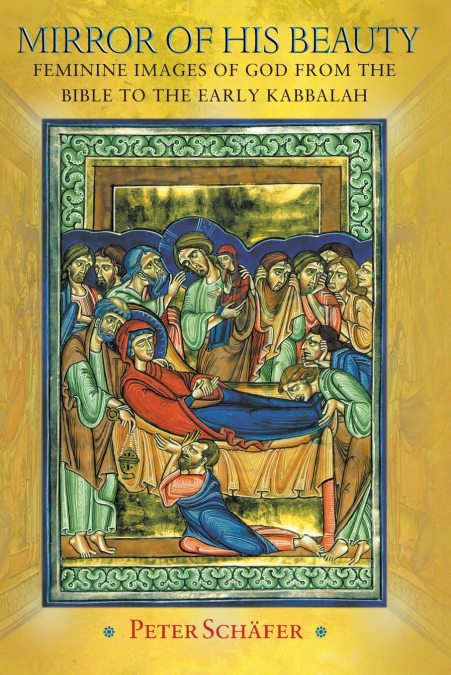
Peter Schäfer
In this beautifully realized study, Peter Schäfer investigates the origins of a female manifestation of God in Jewish mysticism. The search itself is a fascinating exploration of the idea of a feminine divinity. And Schäfer’s surprising but persuasive conclusions yield deeper understanding of the complex but frequently intimate relationship between Christianity and Judaism--and of the development of religious concepts more generally. Toward the end of the twelfth century, a small book titled the Bahir (Light) appeared in Provence. The first document of Judaism’s emerging kabbalistic movement, it introduced a completely new view of God, one that included a divine potency that was essentially female. This female divinity was portrayed both as a mediator between Jews and God and as part of the Godhead itself. Examining Judaic history from the biblical Wisdom tradition to the Middle Ages, Schäfer finds some precedents for the Kabbalah’s feminine divinity. But he cannot account for her forceful appearance in twelfth-century southern France without reference to the immediate Christian environment, particularly the flourishing veneration of the Virgin Mary. Indeed, twelfth-century Jews and Christians were simultaneously rediscovering the feminine as an aspect of the Godhead after having abandoned it in favor of either an abstract, disembodied God or an exclusively male one. In proposing that the medieval cult of Mary--rather than eastern Gnosticism--is the appropriate framework for understanding the feminine elements in Jewish mysticism, Mirror of His Beauty represents a sea change in Kabbalah and Jewish-Christian cultural studies. It shifts our attention from the Byzantine East to the Latin Christian West. And in contrast to histories that treat the development of Judaism and Christianity in isolation, it leads us to a fuller understanding of Jews and Christians living in proximity, aware of each other.